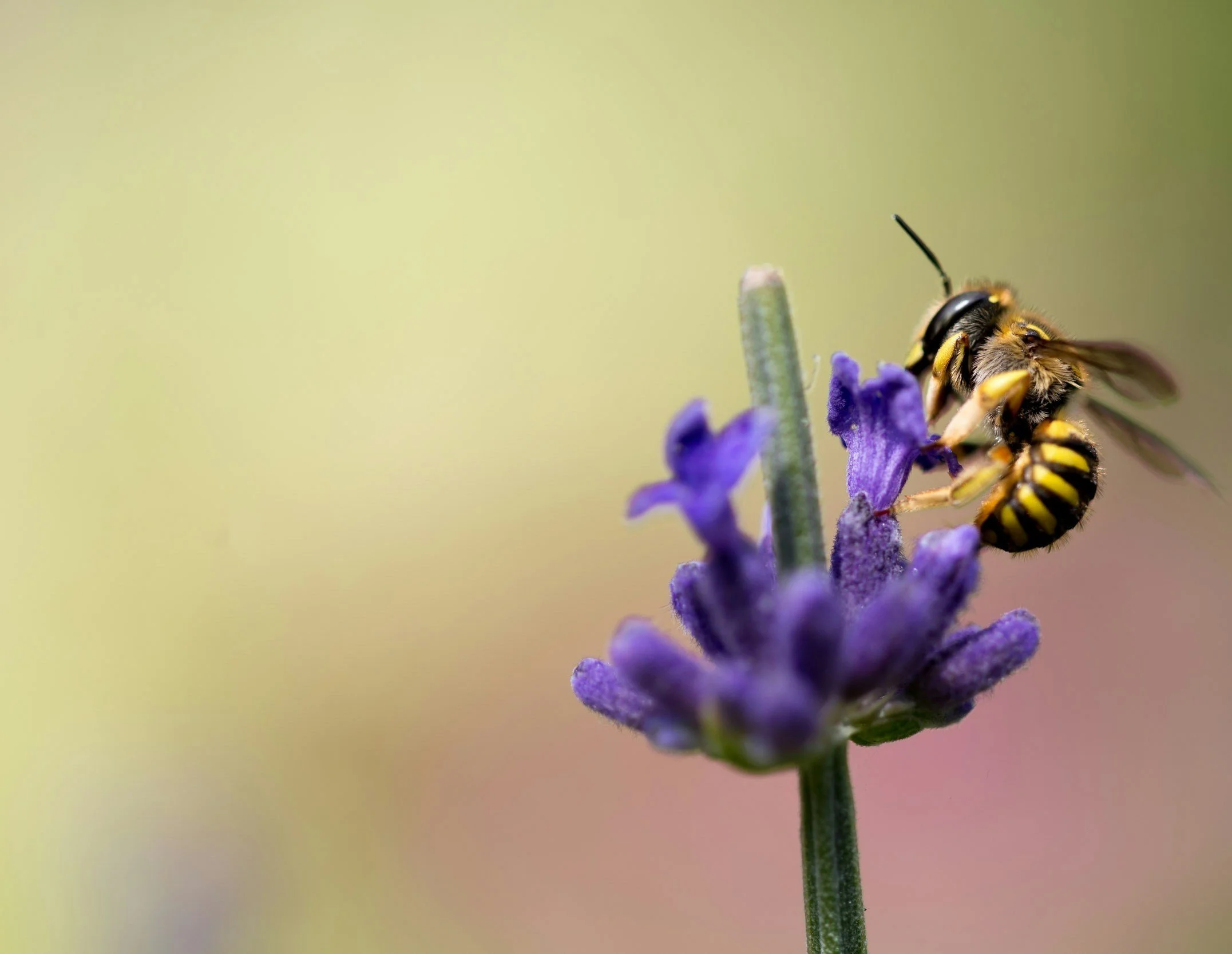Who we are
UEBT - Sourcing with Respect is an international non-profit that promotes sourcing with respect for people and biodiversity in the following sectors:
beauty and personal care
herbs & spices
botanical beverages
natural flavours
natural pharma
Our vision
A world in which all people and biodiversity thrive.
This vision supports the UN Sustainable Development Goals and the UN Global Biodiversity Framework.
Our mission
We work to regenerate nature and secure a better future for people through ethical sourcing of ingredients from biodiversity.
UEBT’s focus: botanicals
The core of UEBT’s work is the sourcing of botanicals and the impact this has in sourcing areas, including different production systems such as
wild collection
agroforestry
agriculture
Botanicals have tremendous importance to people and biodiversity.
botanicals are often grow in high-biodiversity parts of the world and can contribute to biodiversity conservation
botanicals are often harvested by small-scale producers who depend on them for their livelihoods
Our history
UEBT - Sourcing with Respect was born out of a UN initiative that promoted business engagement in the ethical sourcing of ingredients from biodiversity. In 2008, UEBT transitioned out of the UN system, and established itself as an independent nonprofit. Today, UEBT - Sourcing with Respect is an international association registered in Switzerland with headquarters in the Netherlands. We maintain a strong partnership with the UN Convention on Biological Diversity and continue to have biodiversity and business at the core of our mission.



